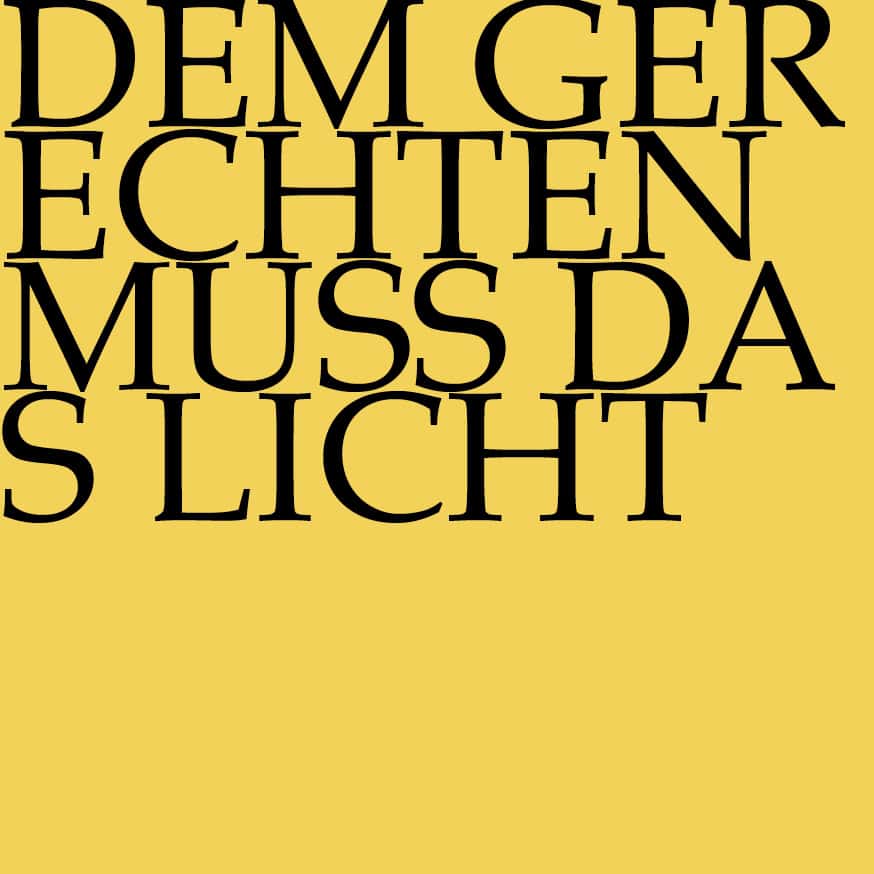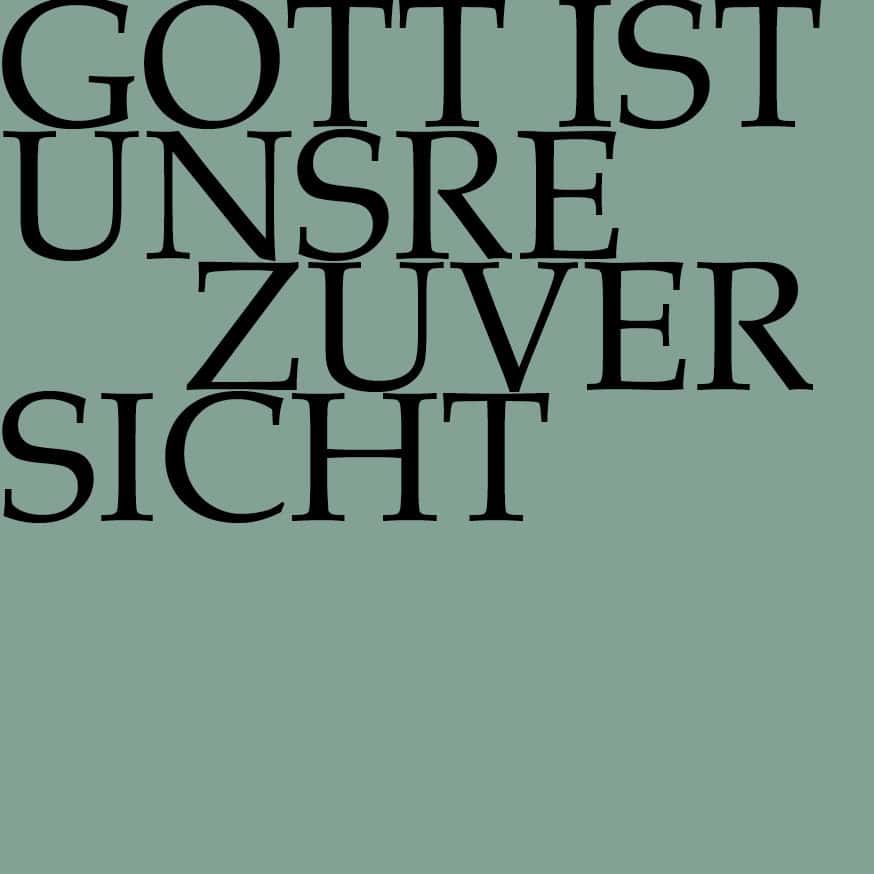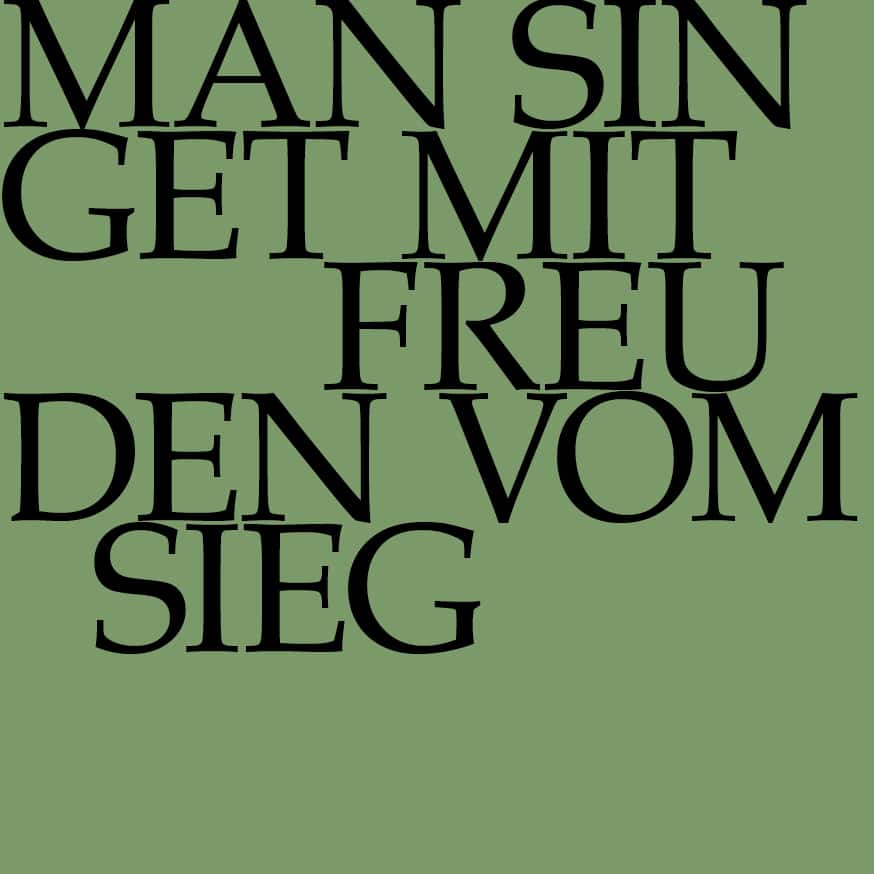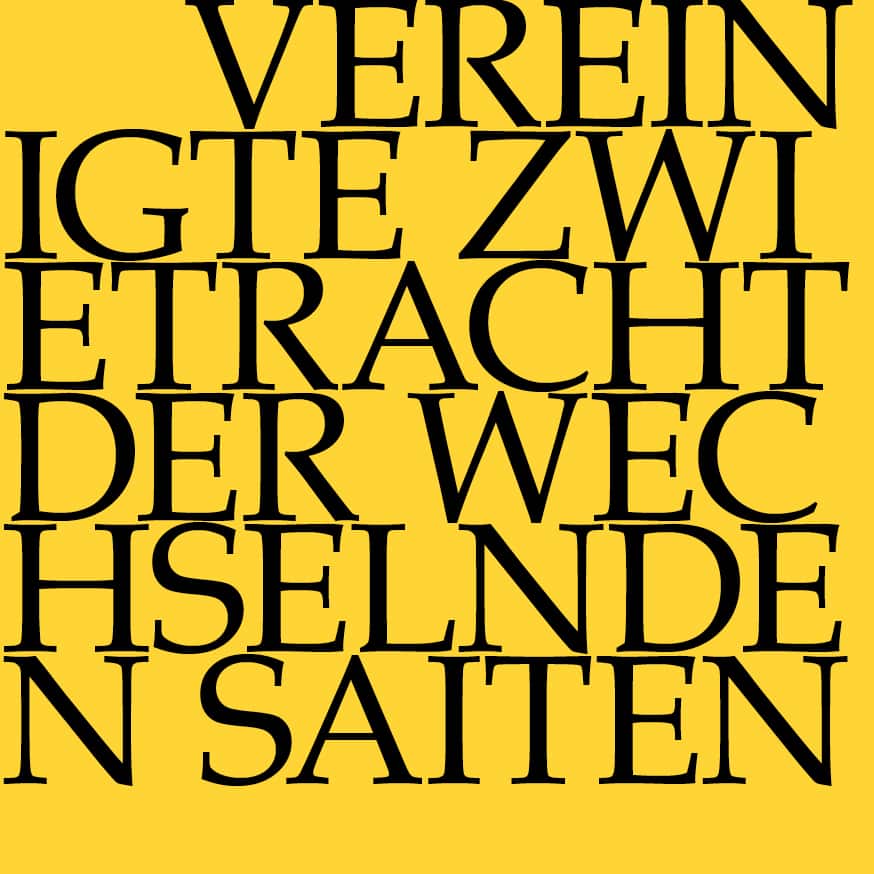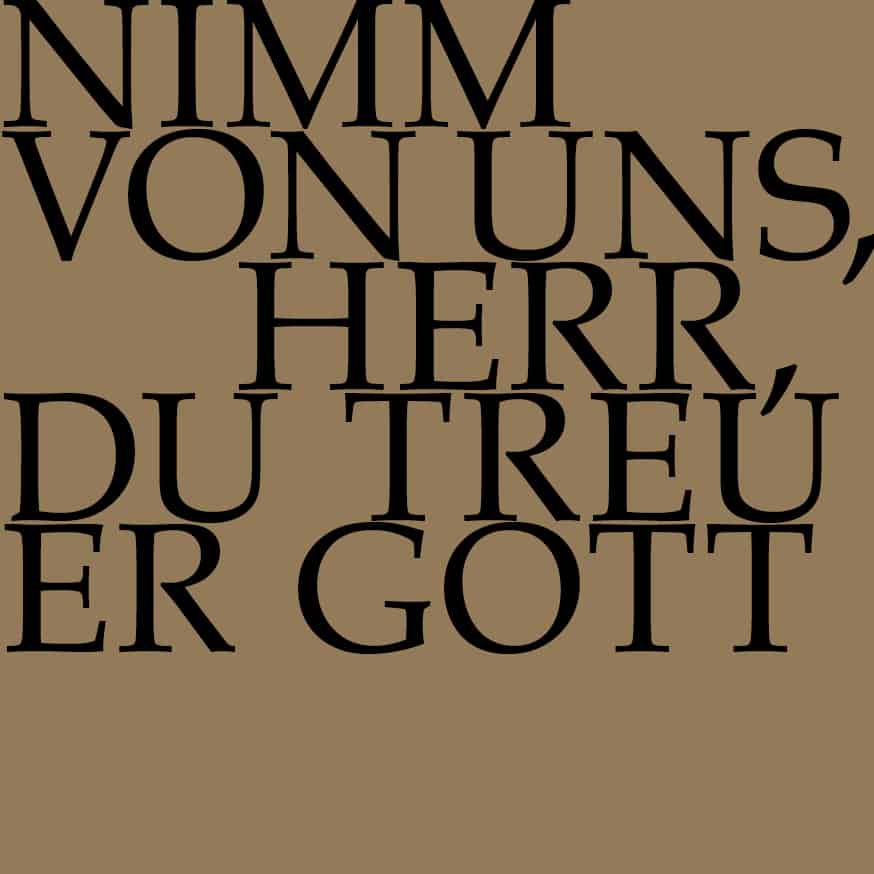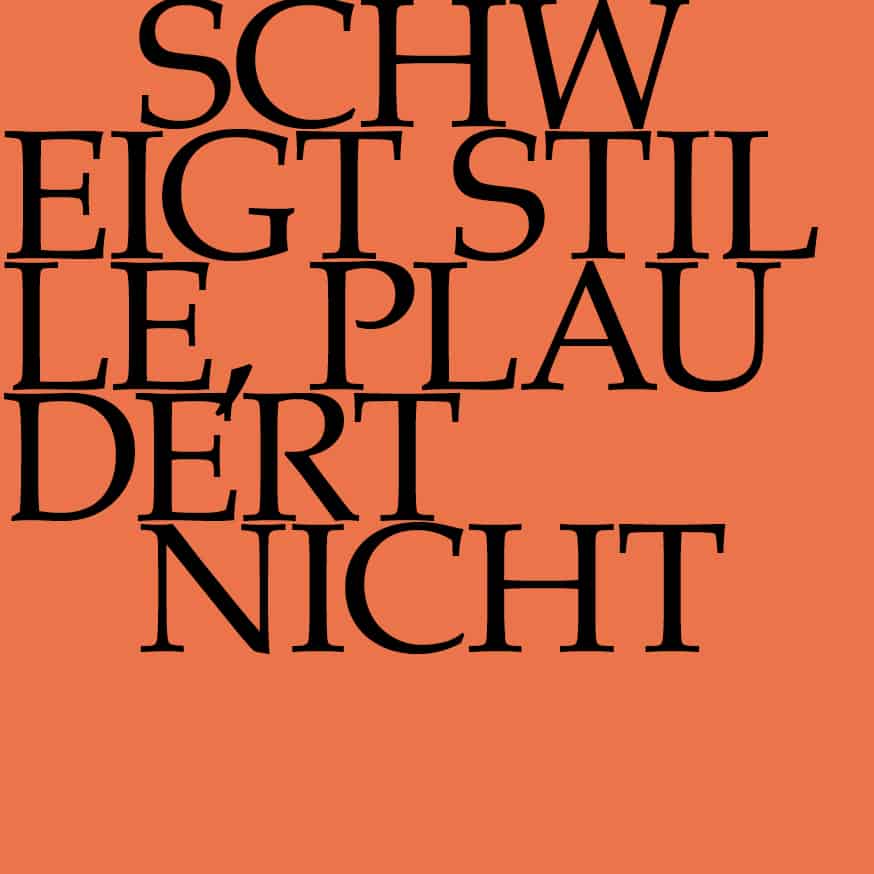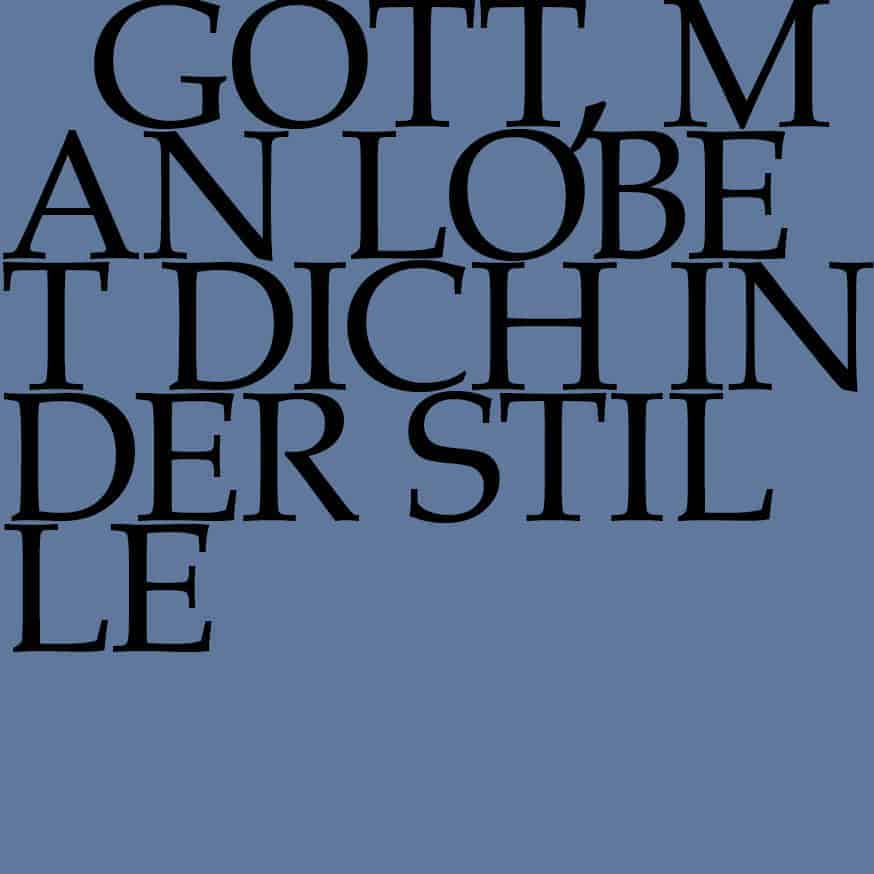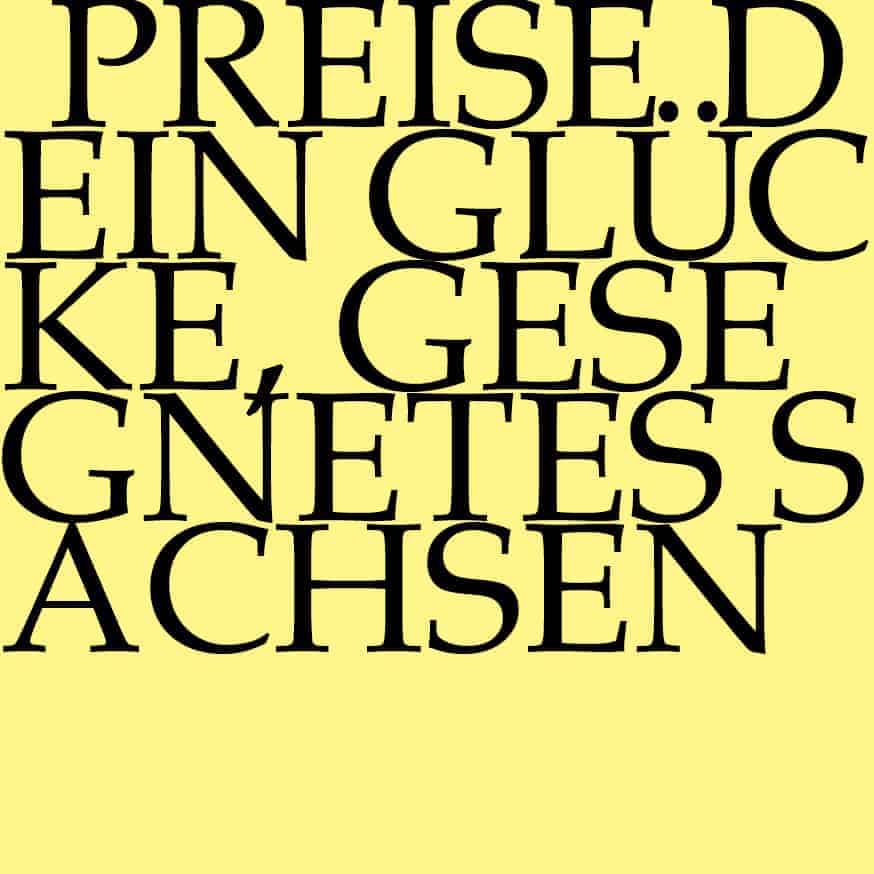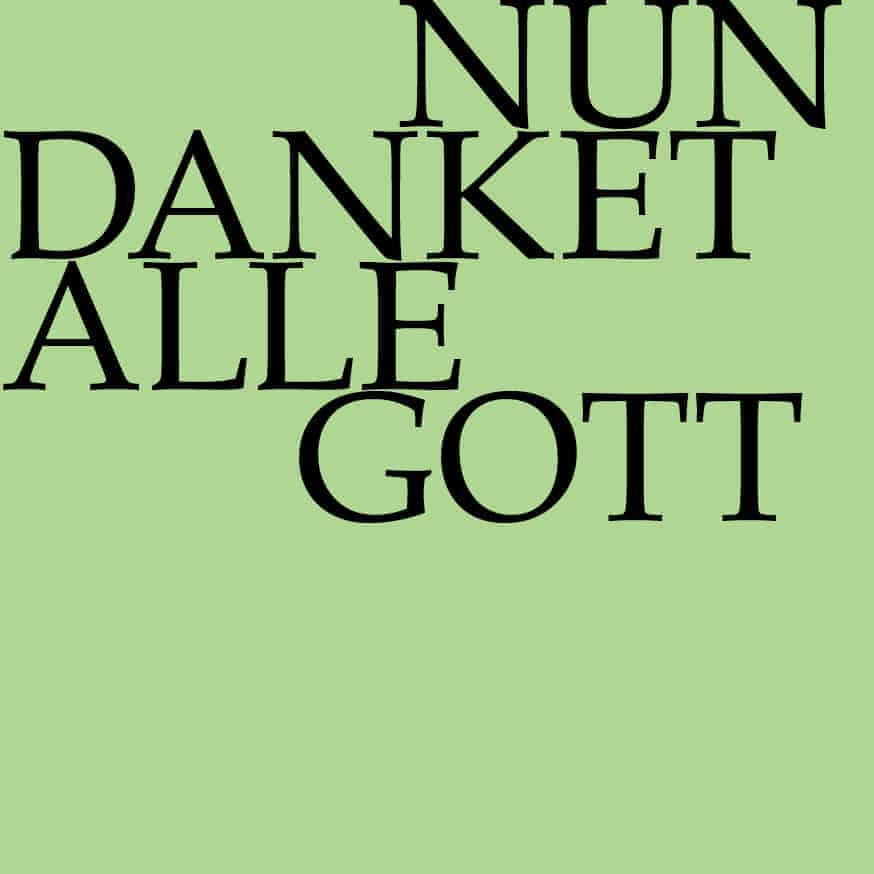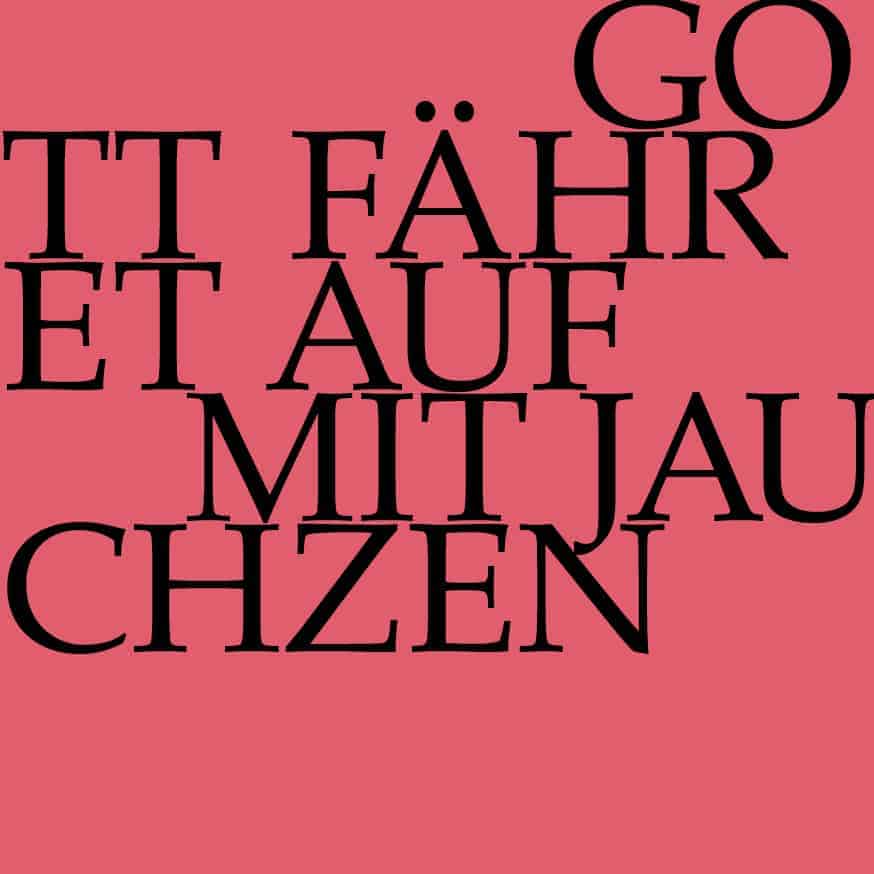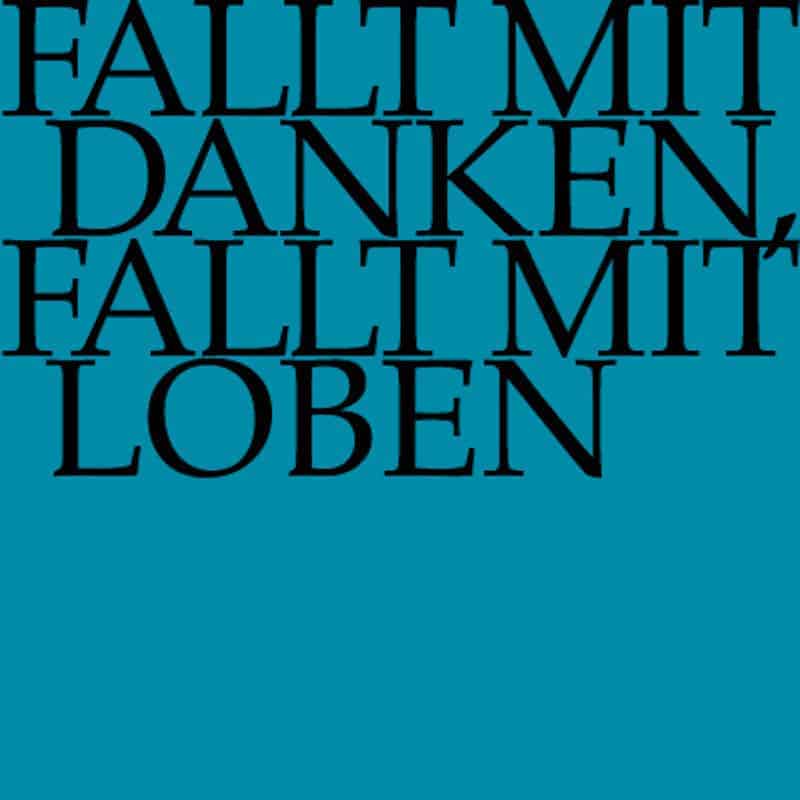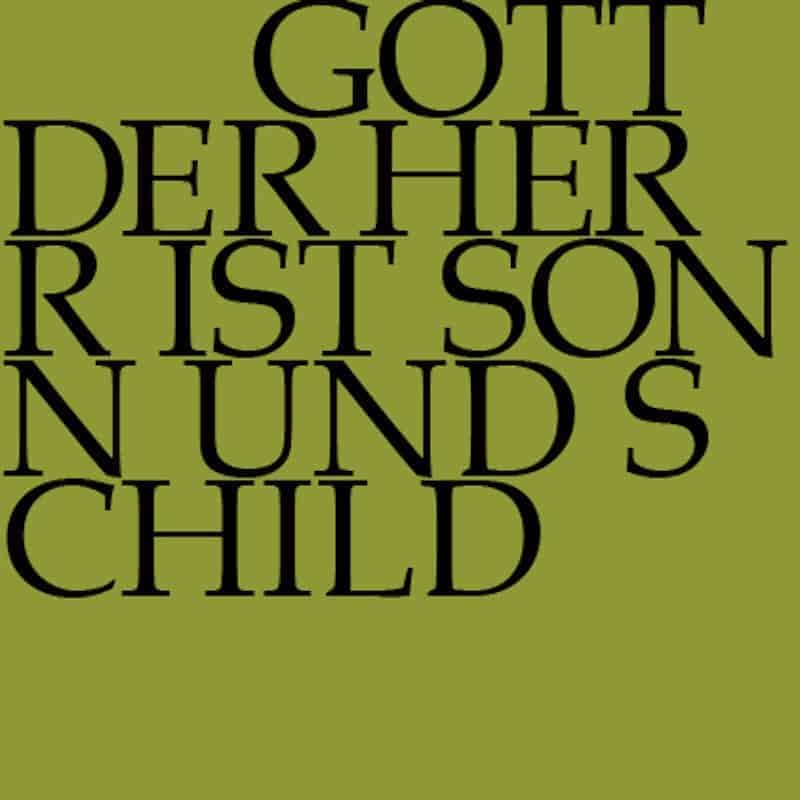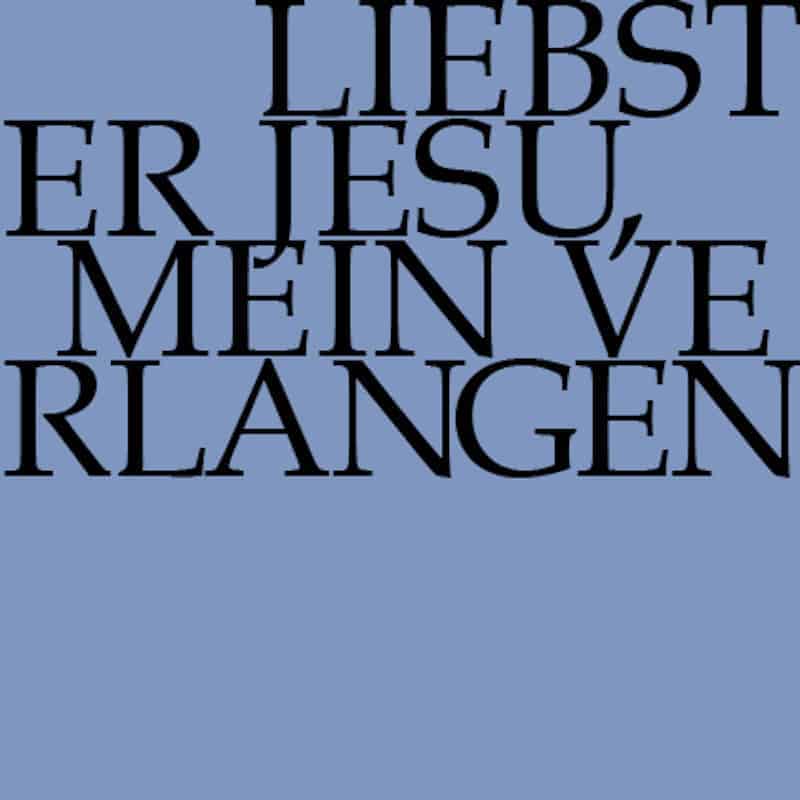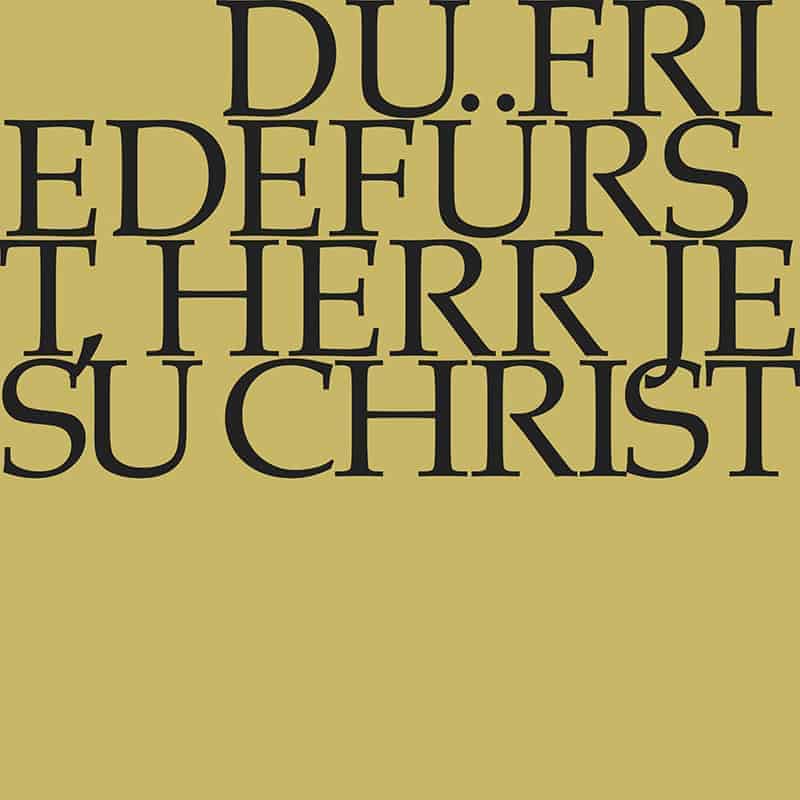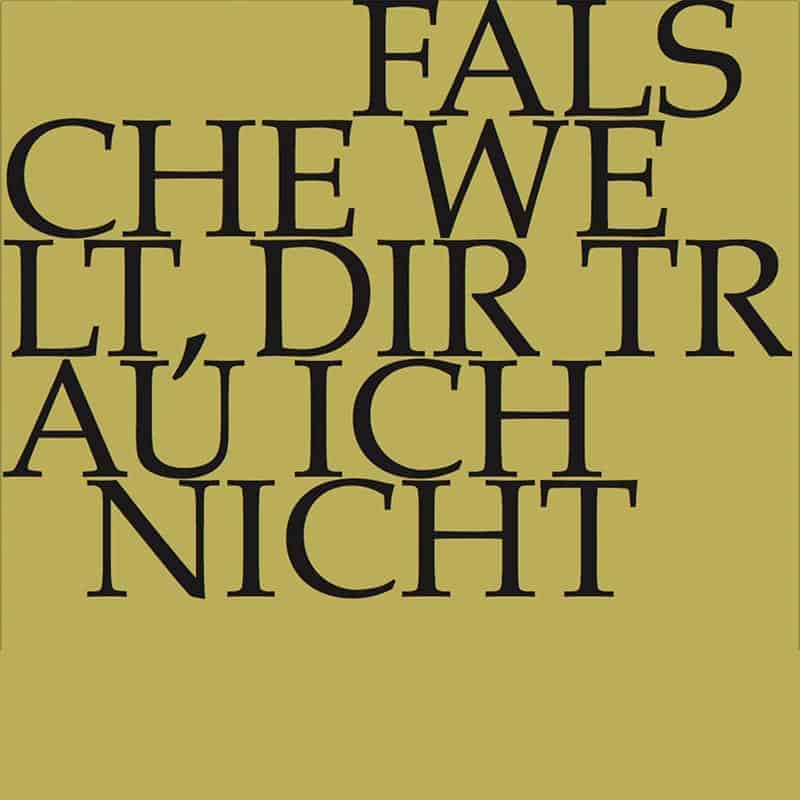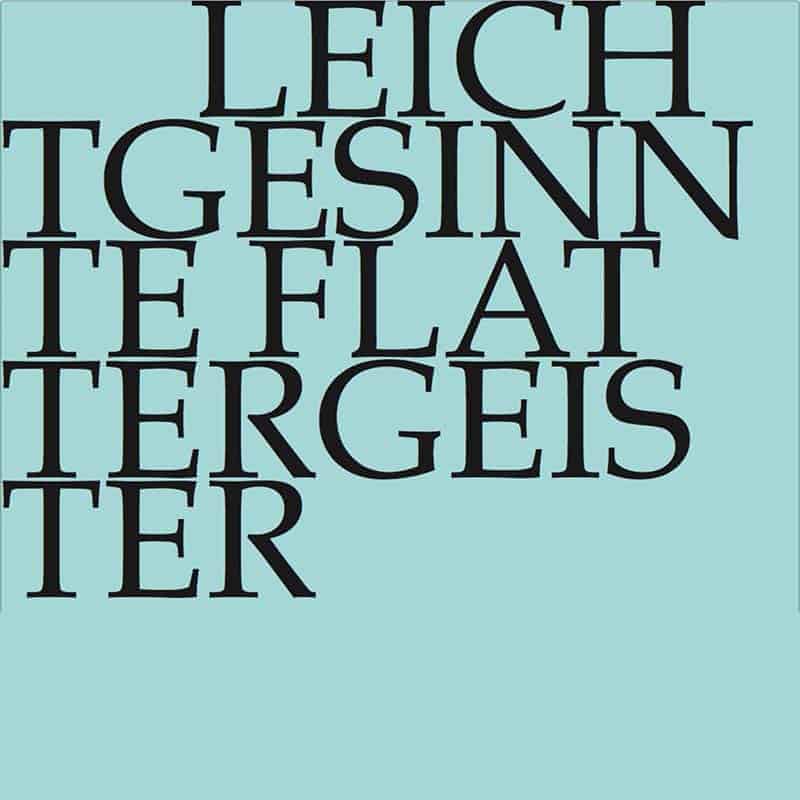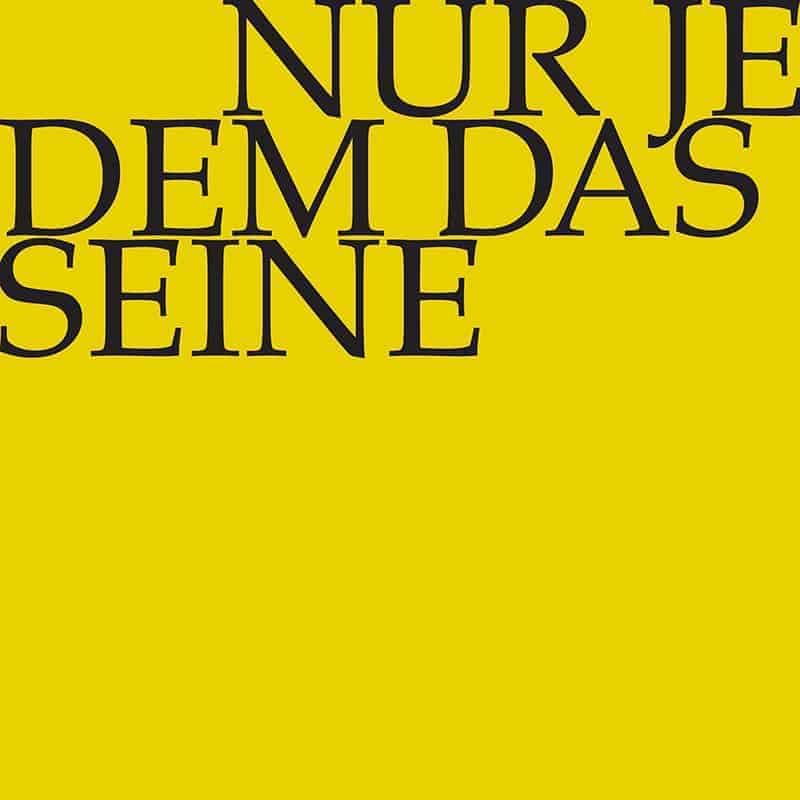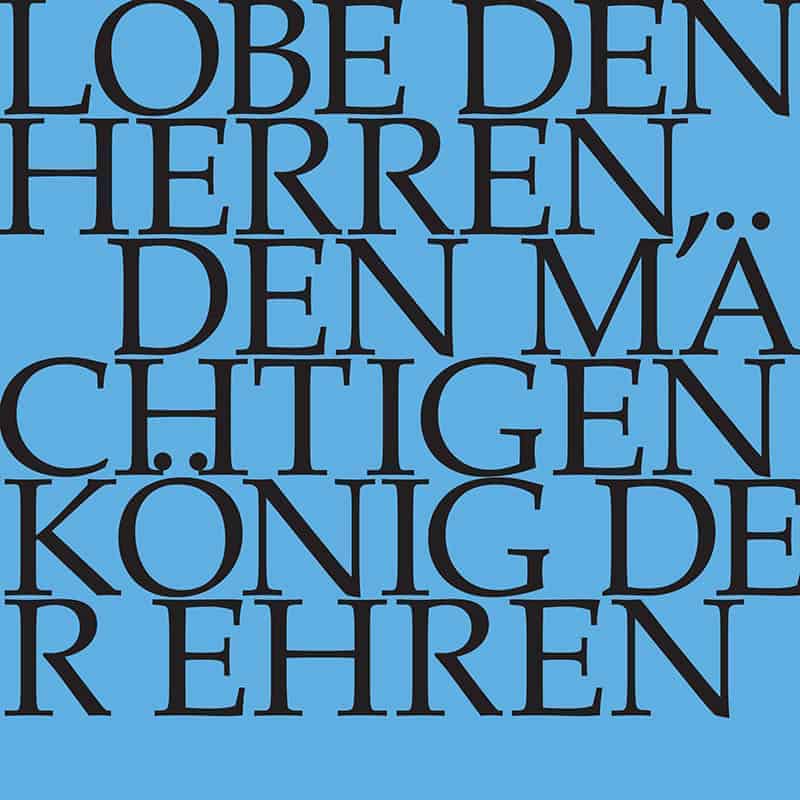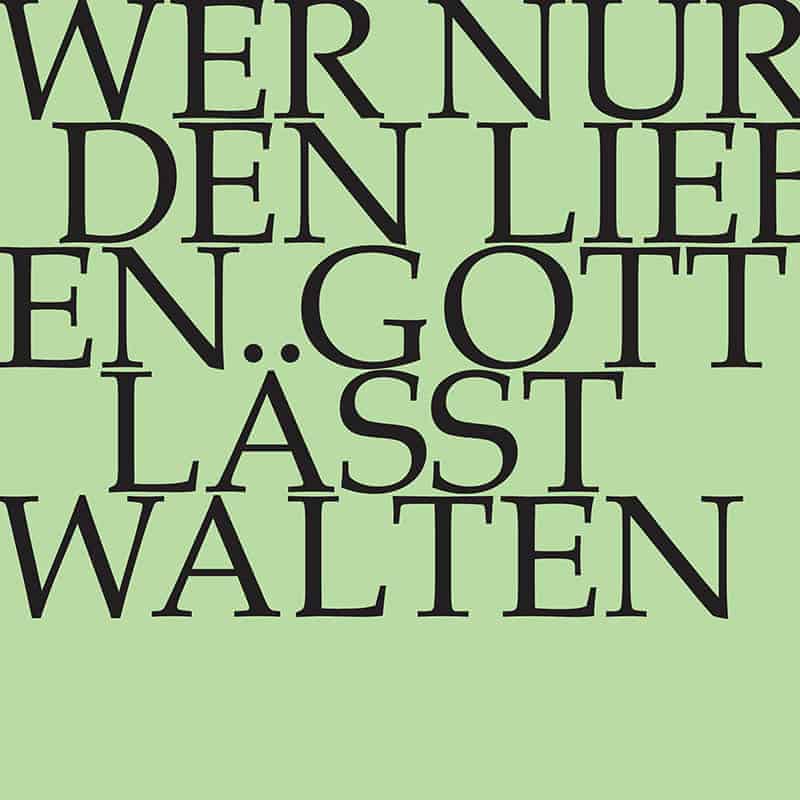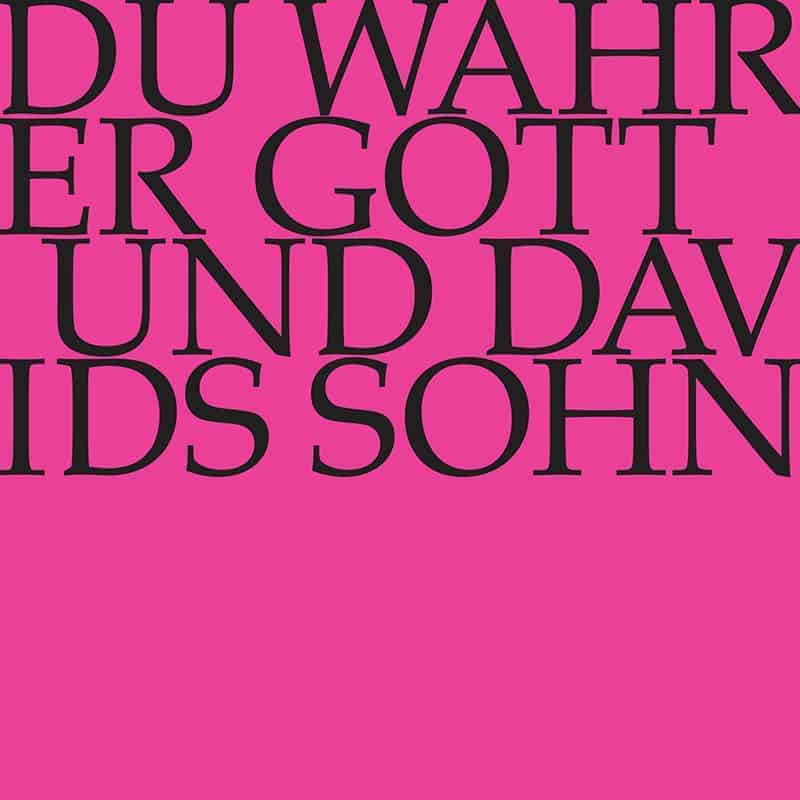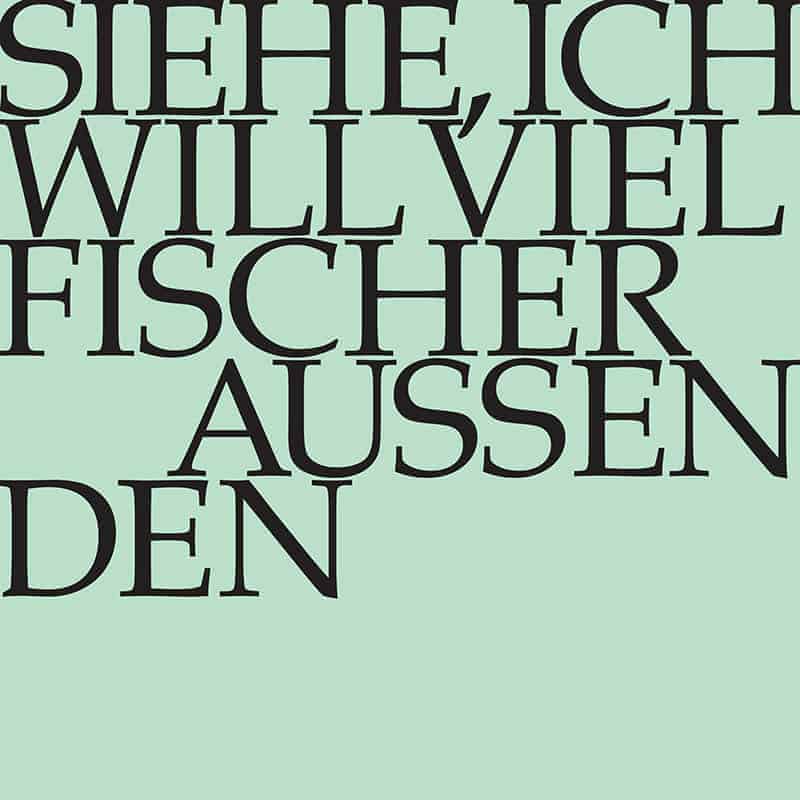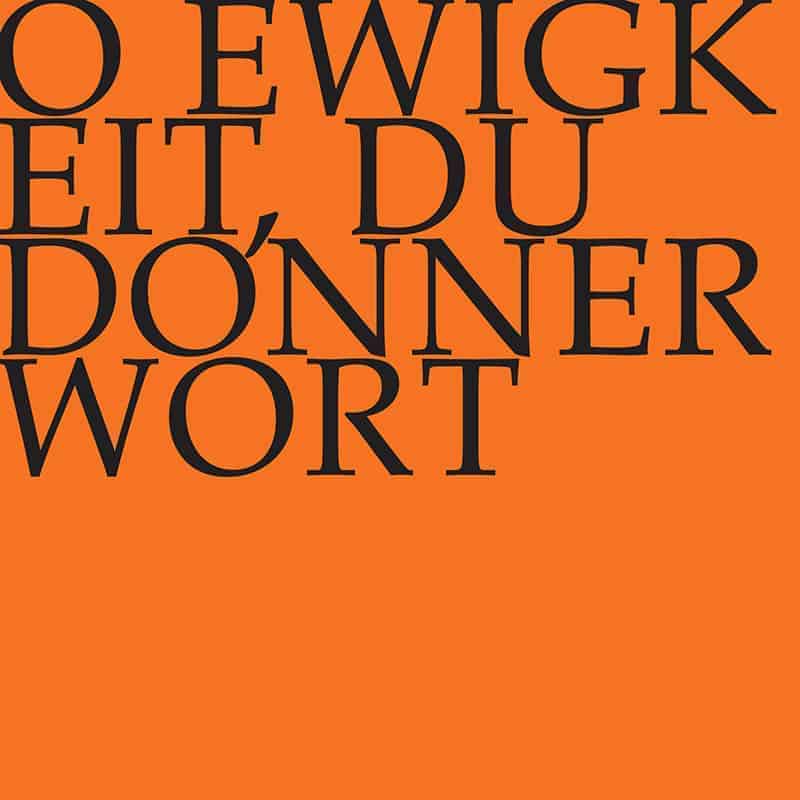(For the righteous must the light) for soprano, alto, tenor and bass, vocal ensemble, trumpet I-III, timpani, transverse flute I+II, oboe I+II, strings and basso continuo
Archives
Gott ist unsre Zuversicht
(God is our true confidence) for soprano, alto and bass, vocal ensemble, trumpet I-III, timpani, oboe I+II and oboe d’amore I+II, strings and basso continuo
Man singet mit Freuden vom Sieg
(They sing now of triumph with joy) for soprano, alto, tenor and bass, vocal ensemble, trumpet I-III, timpani, oboe I-III, bassoon, strings and basso continuo
Vereinigte Zwietracht der wechselnden Saiten
(United division of strings ever changing) for soprano, alto, tenor and bass, vocal ensemble, trumpet I-III, timpani, transverse flute I+II, oboe I+II, taille, strings and basso continuo
Nimm von uns, Herr, du treuer Gott
(Take from us, Lord, thou faithful God) for soprano, alto, tenor and bass, vocal ensemble, cornett, trombone I–III, oboe I+II, oboe da caccia, strings and basso continuo
Schweigt stille, plaudert nicht
(Be quiet, chatter not) Coffee Cantata, for soprano (Lieschen), tenor (narrator), and bass (Schlendrian), transverse flute, strings and basso continuo
Gott, man lobet dich in der Stille
(God, we praise thee now in the stillness) for soprano, alto, tenor and bass, vocal ensemble, trumpet I-III, timpani, oboe I+II, strings and basso continuo
Du sollt Gott, deinen Herren, lieben
(Thou shalt thy God and master cherish) for soprano, alto, tenor and bass, vocal ensemble, trumpet, oboe I+II, strings and basso continuo
Preise dein Glücke, gesegnetes Sachsen
(Praise now thy blessings, O fortunate Saxon) for soprano, tenor and bass, vocal ensemble, trumpet I–III, timpani, oboe and oboe d’amore I+II, transverse flute I+II, strings and basso continuo
Nun danket alle Gott
(Now thank ye all our God) for Reformation Sunday, for soprano and bass, vocal ensemble, strings, transverse flute I+II, oboe I+II and basso continuo
Gott fähret auf mit Jauchzen
(God goeth up with shouting) for soprano, alto, tenor and bass, vocal ensemble, oboe I+II, trumpet I-III, timpani, strings and basso continuo
Fallt mit Danken, fallt mit Loben
(Fall and thank him, fall and praise him) for soprano, tenor and bass, vocal ensemble, corno da caccia I+II, Oboe I+II, strings and basso continuo
Gott der Herr ist Sonn und Schild
(God is our true sun and shield!) for soprano, alto, tenor and bass, oboe I+II, horn I+II, timpani, strings and basso continuo Composed for Reformation Day in 1725, cantata BWV 79 (“God is our true sun and shield!”) is conceptually distinct from its more famous relation, BWV 80.
Liebster Jesu, mein Verlangen
(Dearest Jesus, my desiring) for soprano and bass, vocal ensemble, oboe, strings and basso continuo
Du Friedefürst, Herr Jesu Christ
(Thou Prince of peace, Lord Jesus Christ) for soprano, alto, tenor and bass, vocal ensemble, corno, oboe d’amore I+II, strings and basso continuo Composed in 1724, cantata BWV 116 is the part of Bach’s cantata cycle dedicated to the twentyfifth Sunday after Trinity. The work’s timeless entreaty for peace and deliverance from penury and retribution … Read More
Falsche Welt, dir trau ich nicht
(Treach’rous world, I trust thee not!) for soprano, vocal ensemble, corno I+II, oboe I-III, bassoon, strings and basso continuo
Leichtgesinnte Flattergeister
(Insincere and fickle spirits) for soprano, alto, tenor and bass, transverse flute, trumpet, oboe, bassoon, strings and basso continuo
Nur jedem das Seine
(To each but what’s due him!) for soprano, alto, tenor and bass, violine I+II, viola, violoncello I+II, basso continuo The cantata “Nur jedem das Seine!” (To each but what’s due him!) BWV 163 forms something of a chamber-music pendant to the festive cantata BWV 119. This is not necessarily because it was composed in Weimar … Read More
Lobe den Herren, den mächtigen König der Ehren
(Praise the Lord, the mighty King of honour) for soprano, alto, tenor and bass, vocal ensemble, trumpet I–III, timpani, oboe I+II, strings and continuo
Wer nur den lieben Gott läßt walten
(The man who leaves to god all power) for soprano, alto, tenor and bass, vocal ensemble, oboe I+II, strings and continuo Composed for the Fifth Sunday after Trinity in 1724, the cantata “Wer nur den lieben Gott läßt walten” (The man who leaves to God all power) at first appears to be a typical representative … Read More
Du wahrer Gott und Davids Sohn
(Thou, very God and David’s son) Version in C minor for soprano, alto, tenor and bass, vocal ensemble, oboe I+II, bassoon, strings and continuo.
Siehe, ich will viel Fischer aussenden
(See now, I will send out many fishers) for soprano, alto, tenor and bass, horn I+II, oboe d’amore I+II, taille, bassoon, strings and continuo.
O Ewigkeit, du Donnerwort
(Eternity, thou thundrous word) for soprano, alto, tenor, bass, oboe, oboe d‘amore I+II, strings and continuo. When composing the cantata “O Ewigkeit, du Donnerwort” (Eternity, thou thunderous word) BWV 60, Bach was faced with a particularly interesting challenge. In contrast to the chorale cantata BWV 20 which also begins with the same church hymn, this … Read More


